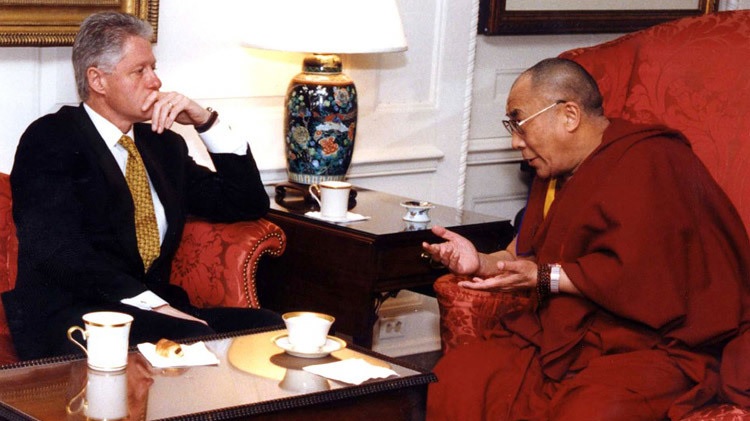
US must adopt an active strategy in China policy
The United States must pivot from a passive approach to a more proactive strategy regarding its relations with China, according to retired Brig. Gen. David Stilwell, an expert on future threats. He emphasizes that lessons from past conflicts, such as the failure to deter Russia before its invasion of Ukraine, underline the need for assertive American leadership in Asia. The current political climate shows a trend toward isolationism, which Stilwell argues is counterproductive.
Stilwell suggests that effective American foreign policy must focus on security, prosperity, and human rights, which historically benefit not only the U.S. but also global partners. He cites China's expansionist policies, particularly in the South China Sea, as evidence of unchecked aggression that could destabilize regional security. He advocates for reinstating strategies like the FBI’s China Initiative to expose Chinese misconduct and enhance American interests.
Furthermore, he argues that dialogue should not be the primary objective; instead, the U.S. should create measurable goals and leverage its strengths to counter Chinese actions. He recommends increased cooperation with allies and emphasizes that a firm stance against China's provocations can deter further aggression. As tensions rise, Stilwell stresses the importance of maintaining a robust deterrence strategy that protects U.S. interests without compromising principles of free speech and human rights.
Stichworte







